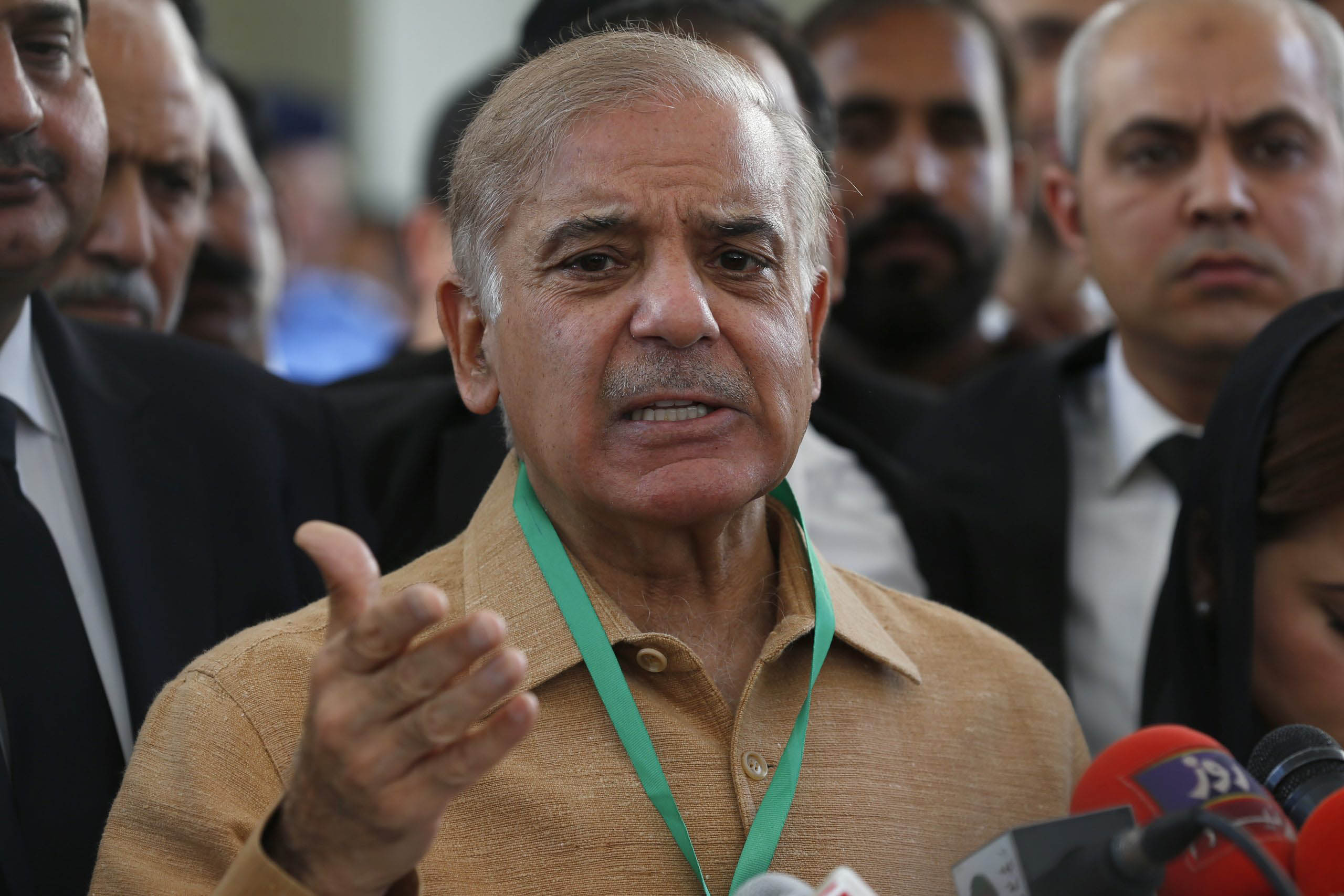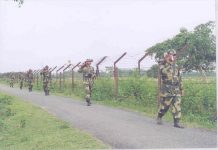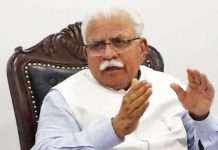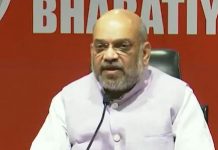
Though the new Pak PM raked up Kashmir in his maiden speech that he made after coming to power, it is believed that as a pragmatic leader he would pitch for promoting ties between the two neighbours
What was expected in Pakistan for some time has become a reality. Despite using all tricks he could think of to save his position as Pakistan Prime Minister, Imran Khan has become history, at least for now. During his final hours as the head of government, he praised
India’s foreign policy, arguing that Islamabad should learn from New Delhi, which has conducted itself over the Russia-Ukraine war issue without compromising India’s self-respect as a sovereign nation.
Khan meant to highlight that India did not toe the US line despite much pressure from Washington DC, but, at the same time, it did not go whole-hog with Russia either, whose military action in Ukraine has been condemned by most world leaders for having caused an avoidable loss of innocent human lives and property on a large scale.
Khan alleged that he had to pay with his position as Prime Minister for defying signals from the US whereas the government in New Delhi was being appreciated for its independent stand on the Russia-Ukraine war issue. However, Khan had been otherwise behaving in a hawkish manner so far as India-Pakistan relations were concerned.
Now that Pakistan Muslim League (Nawaz) leader Shahbaz Sharif has replaced Imran Khan as Prime Minister, calculations are being made about the new head of government’s moves vis-a-vis India. Though Shahbaz too is on record having used very rough language against India when it came to expressing views on specially Kashmir, it is believed that as a pragmatic leader, he would prefer to follow in the footsteps of his elder brother Nawaz Sharif and pitch for promoting trade and commerce between the two neighbours and for softening the India-Pakistan borders by working for increased people-to-people contacts. There are also chances of revival of the stalled India-Pakistan dialogue process under the new political dispensation in Islamabad.
Interestingly, Shahbaz too enjoys the Pakistan Army’s backing as did Imran Khan when the latter assumed power after the 2018 National Assembly elections. Imran had to go, of course, after his government lost the majority in Pakistan’s parliament and was defeated during a vote of confidence. But this had become almost certain when he developed strained relations with the all-powerful Pakistan Army owing to their conflicting stands on the Russia-Ukraine war and some other issues. What happens to Shahbaz as he begins to play his cards as Prime Minister remains to be seen.
The major difference between him and Imran is that Shahbaz carries the image of being a successful administrator as three times Chief Minister of Pakistan’s Punjab (politically considered equivalent to UP and Maharashtra put together) whereas Imran had the tag of a cricket icon, having nothing to do with politics. Imran’s failure to function
as a successful political helmsman underlined the fact that there is a sea difference between cricket and politics. His dictatorial style turned his government’s friends into foes. While his political allies deserted him when he needed them the most. The army, believed to have facilitated his rise to the position of Prime Minister, began to bay for his blood owing to his careless and confused style of functioning when the world was faced with a major crisis caused by Russia’s military action against its neighbour, Ukraine.
On the other hand, Shahbaz, who comes from a business family background, is credited to have focused on infrastructure development, transforming the economic profile of Pakistan’s Punjab province. He is a pragmatic leader every inch and takes decisions without bothering about what his friends and foes think. When he made a highly controversial statement on his country’s relations with the US some time back — “Beggars cannot be choosers” — it was interpreted as reflecting his realistic approach.
Experts see considerable meaning in his maximum focus on India-Pakistan relations during his maiden speech that Shahbaz made after coming to power as the head of government in Islamabad. Like his elder brother, Nawaz Sharif, three times Prime Minister of Pakistan,
he may focus on building bridges of understanding with India to infuse a new life into the economy of his country, now suffering from different kinds of ailments.
Shahbaz said, “We desire good relations with India but there cannot be lasting peace till an equitable resolution of the Kashmir issue.” Kashmir is Pakistani leaders’ obsession which they have been using to exploit people’s sentiments for electoral purposes and this has been keeping the two neighbours apart. He will have to keep the K factor aside so that a lasting solution to other issues can be found to ensure that India and Pakistan take up the task of banishing poverty from South Asia in a pragmatic way.
He declared in the course of his maiden speech, “I would give Prime Minister Modi this advice that you should understand about poverty, unemployment (and) sickness on both sides. People don’t have medicines, education, trade or jobs. Why do we want to cause harm to ourselves and the coming generations.” These words sound promising, but nothing is possible so long as Pakistan-based terrorists are not tamed. All efforts aimed at changing the hostile atmosphere into a peaceful one may get reduced to zero because of terrorists’
destructive activities. Pakistan under Shahbaz Sharif will have to make such elements ineffective for any serious peace drive to succeed. This is the minimum that India would expect from Shahbaz in the interest growth and stability on both sides.
The Shahbaz Sharif government should give a serious thought to what Prime Minister Narendra Modi said by taking to Twitter, “India desires peace and stability in a region free of terror, so that we can focus on our development challenges and ensure the wellbeing and prosperity of our people.”
Despite the optimism expressed by Shahbaz Sharif on Pakistan’s relations with India, he is unlikely to do much at this stage. The Pakistan National Assembly’s term will end next year, leading to fresh elections. Compulsions of competitive politics may prevent him from being more forthcoming as every move that he will make on the foreign policy front may be interpreted by Imran Khan’s Pakistan Tehrik-e-Insaf to justify his charge that Shahbaz Sharif was heading a foreign-imposed (read the US-imposed) government.
The new Prime Minister of Pakistan will have to convince the public that the idea of normalisation of relations with India was the best option left for the two neighbours for spurring economic activity on both sides as an atmosphere of hostility is in nobody’s interest.













